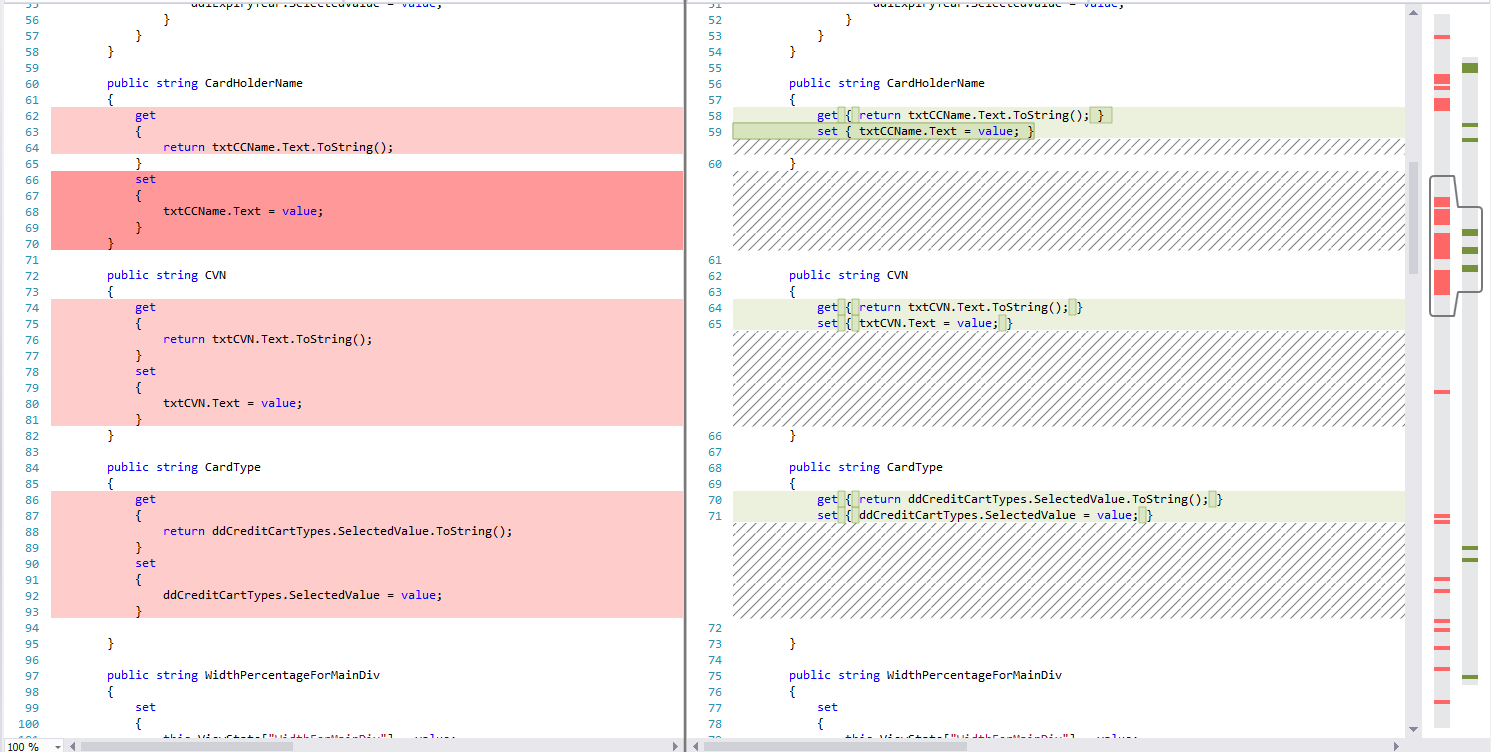In any development shop, there are always a few projects that become notorious. Resources are piled on them until failure is unavoidable. Deadlines slip, skid, and careen into the abyss. Deliverables are rejected again and again.
Carl had managed to avoid working on any of those projects, but he watched them. Each was a slow-motion train-wreck, in Gantt chart form.
The most recent disaster was the “TCP Rewrite Project”. “TCP” had nothing to do with the “Transmission Control Protocol”, but there are only so many three-letter-acronyms out there. Carl didn’t know what the acronym stood for, but it might as well have been “Total Crap Pile”. The original version barely worked, and the re-write wasn’t shaping up to be any better.
Eventually, the TCP team went live with what they had, which wasn’t much. The day after the go-live, the main complaint was that performance was terrible. This bubbled up to management, which immediately started a “TCP Performance Project”, using the same team. After a few months of “performance tuning”, performance was still terrible.
The performance problems were declared a crisis, and management put out a call for “rockstar” programmers to fix it. Carl was voluntold to take the lead on performance tuning. The first thing he did was check and see what the last round of performance fixes were, so he compared the two versions of the code files.

Amazingly, removing white space hadn’t done anything to help the application perform better.

